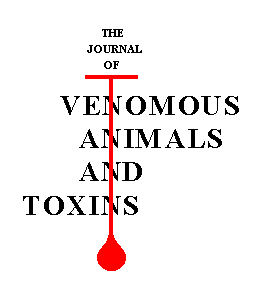This review deals with heterologous sera produced and used in Brazil. The authors studied 64 patients. Of these, 35 had been attacked by domestic and wild animals and received antirabies serum; 20 had been bitten by venomous animals (snakes and scorpions) and were treated with specific antivenoms; and 9 had traumas and received antitetanic serum All these patients were submitted to the intradermal sensitivity test before, and 30 days after reveiving heterologous serotherapy. The following results obtained by the authors agree with those in literature: - The intradermal test using undiluted heterologous serum produced a more acute reaction than that using heterologous serum diluted 1:10; - The larger the volume of serum, the larger was the wheal directly after inoculation; - The antigenic concentration influenced the final local reaction; - The reading 30 minutes after inoculation was always higher than that 15 min after; - No systemic reaction was observed during the tests; - The use of promethazine as a prophylactic medication did not protect against the early reactions; - Tests performed 30 days after serotherapy showed a higher reactivity, probably due to sensitization; - The intradermal sensitivity test did not allow the authors to predict early reactions. After these observations, the authors do not recommend the intradermal sensitivity test for patients submitted to heterologous serotherapy. They, however, strongly recommend a careful observation during the infusion and clinical follow up in the first 24 hours.
sensitivity test; heterologous serotherapy


